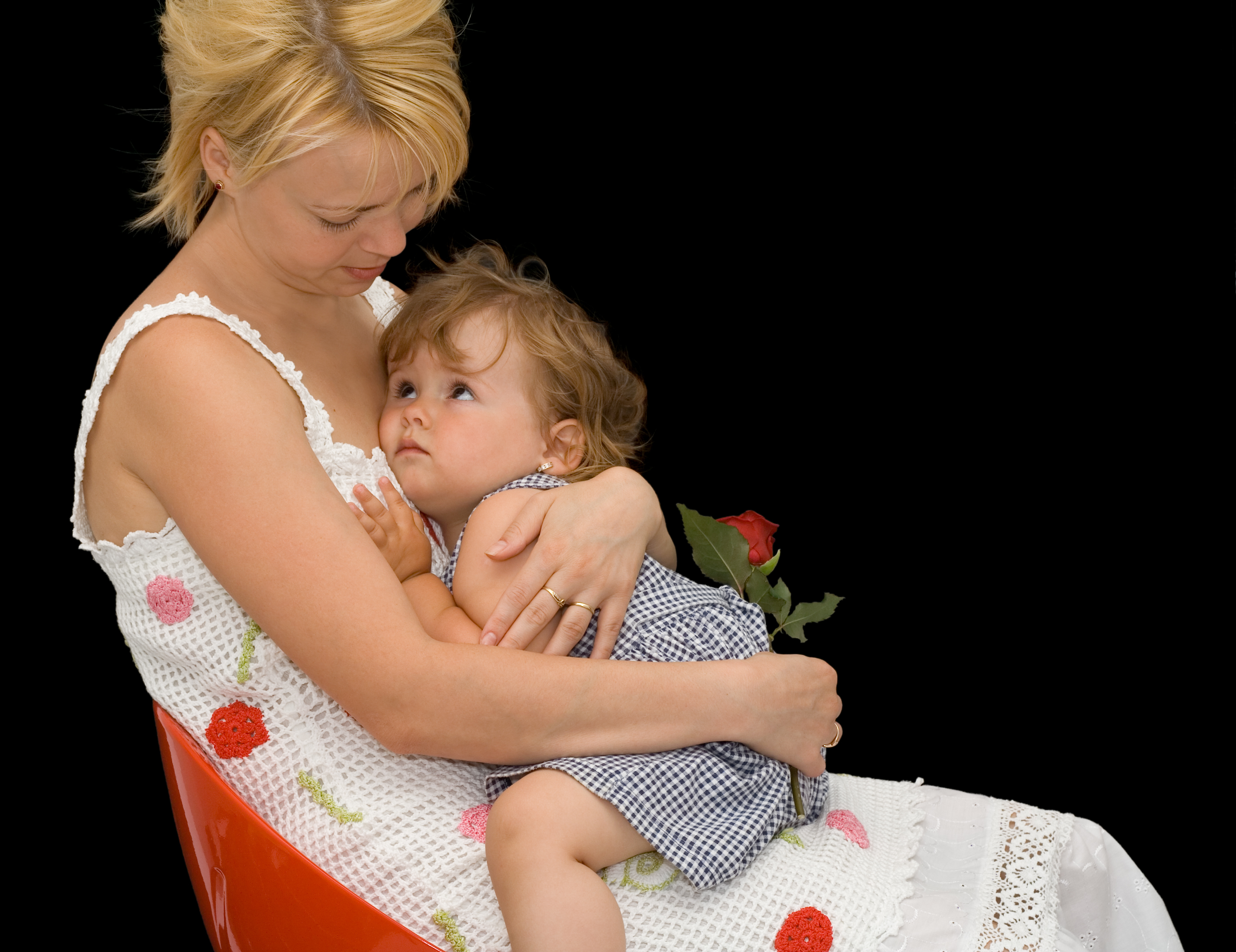Filial Therapy

 Definition: Filial Therapy is a unique therapeutic approach used by skilled Play Therapists to train parents to be therapeutic agents with their own children. The format uses didactic teaching, play session demonstrations, supervised play sessions between parent and child, and weekly at home play sessions. Parents are taught basic Child-Centered Play Therapy principles and skills that include reflective listening, recognizing and responding to children’s feelings, therapeutic limit setting, building children’s self-esteem, and weekly structured play sessions with their children. Parents learn how to create a nonjudgmental, understanding, and accepting environment that enhances the parent-child relationship, thus facilitating personal growth and change for both parent and child.
Definition: Filial Therapy is a unique therapeutic approach used by skilled Play Therapists to train parents to be therapeutic agents with their own children. The format uses didactic teaching, play session demonstrations, supervised play sessions between parent and child, and weekly at home play sessions. Parents are taught basic Child-Centered Play Therapy principles and skills that include reflective listening, recognizing and responding to children’s feelings, therapeutic limit setting, building children’s self-esteem, and weekly structured play sessions with their children. Parents learn how to create a nonjudgmental, understanding, and accepting environment that enhances the parent-child relationship, thus facilitating personal growth and change for both parent and child.
Ages: Filial Therapy is the most appropriate for children ages 3 to 10 years old.
Issues: Filial Therapy can be used to reduce symptoms or extinguish symptoms that children have as a result of Developmental Delays, Strained Communication, Divorce, Adoption, Anxiety, Sleeping or Eating Issues, Sibling Rivalry, Friendship Problems, Grief, Abandonment, Trauma, or when a parent would like to understand their child better.
Goals:
For Children
• A reduction of symptoms, development of coping strategies, and an increase in positive feelings of self-worth and confidence
For Parents
• A greater understanding and acceptance of the child’s emotional world (rule of thumb: look through the child’s eyes), the development of more realistic and tolerant perceptions and attitudes toward both self and child, the development of more effective parenting skills based on developmentally appropriate strategies, and last but not least, to help parents recapture the joy of parenting.
Objectives:
• Establishing an atmosphere of consistency and predictability for the child
• Understanding and accepting the child’s world
• Encouraging the expression of the child’s emotional world
• Establishing a feeling of freedom
• Facilitating decision-making by the child
• Providing the child an opportunity to assume responsibility and to develop a feeling of control
“The parent-child relationship is nearly always the most significant one in a child’s life. Therefore, if a child were provided the experiences of expression, insight, and adult acceptance in the presence of such powerful people as parent, every bit of success the parent achieves in carrying out the therapeutic role should be many times more powerful than that of a therapist doing the same thing.” ~from “Filial Therapy: Description and Rational” by Bernard Guerney
“Play therapy in the home is essentially a relationship between a Child and his Mother and/or Father through which the child discovers himself as an important person, sees that he is valued and loved, and recognizes his irreplaceable membership in the family.”
~from “Psychotherapy with Children: The Living Relationship” by C. Moustakas
Filial Therapy is a profoundly intellectual experience for the Parent and a breath of fresh air for the child. When executed correctly, the parent–child relationship becomes deeper, connections that could not have been made are, and the Parent ultimately is able to see the Child’s perspective, looking through the Child’s eyes into their world. ~Dr. Amanda Slaughter ED.D., LPC, RPT-S
This article is written for informational purposes only and does not constitute therapeutic advice or clinical direction. To learn more about Dr. Slaughter please visit Family Counseling Associates of North Georgia.
